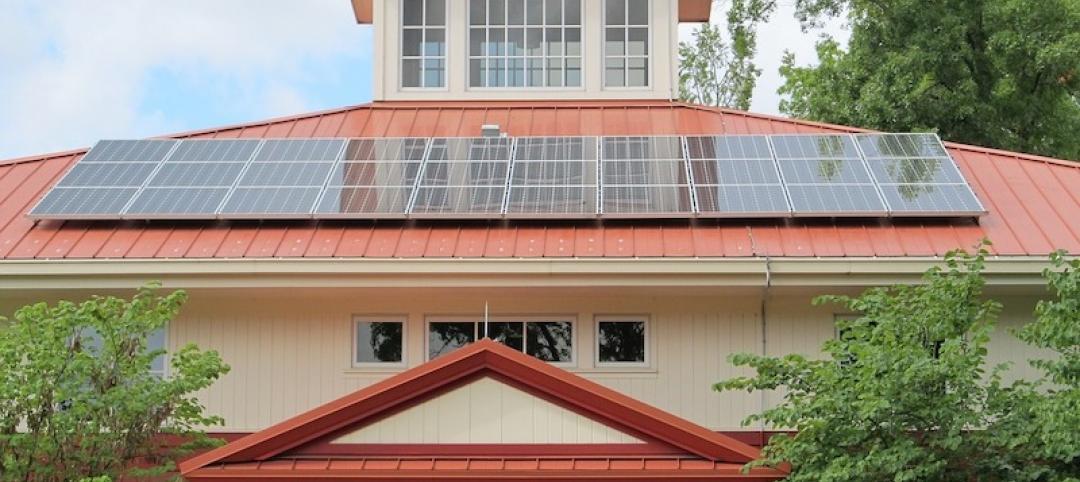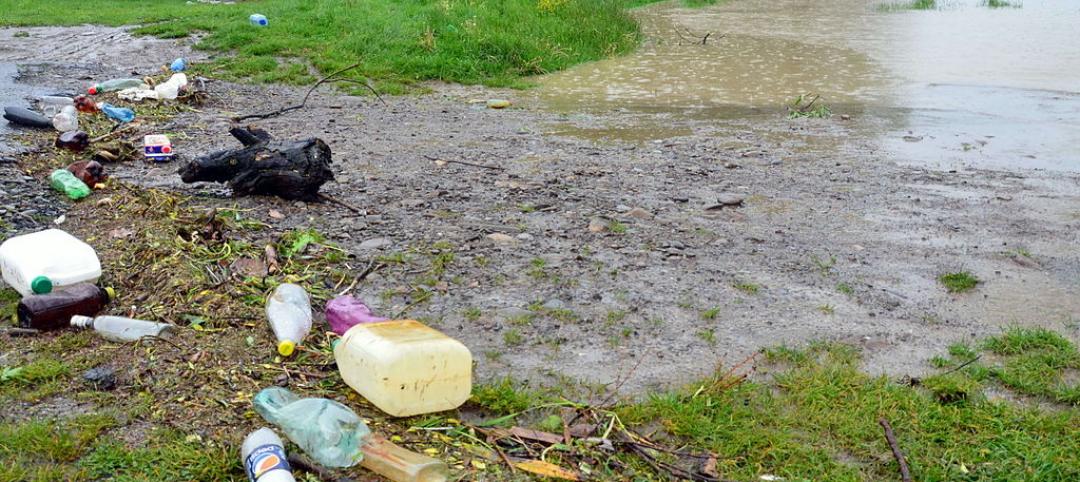The U.S. Green Building Council (USGBC) has formally adopted RELi, a resilience rating system, meaning that it will soon become a global rating system under the USGBC’s guidance.
RELi is patterned on LEED, but prescribes methods for designing more resilient buildings, neighborhoods, and communities. The system was developed in 2012 by design firm Perkins+Will, the Institute for Market Transformation to Sustainability (MTS), and others.
RELi will be managed and operated by USGBC and the Green Business Certification, Inc. (GBCI). The system helps architects, city planners, developers, governments, and businesses design buildings, neighborhoods, and communities to better withstand events such as hurricanes, super storms, drought, heat waves, earthquakes, and social volatility.
RELi will award points for various credits across multiple credit categories, incorporating many LEED prerequisites and credits for sustainability. It will also include new criteria focused on environmental, social, and economic considerations for resilience. These can include:
- Fundamental Access to First Aid Emergency Supplies, Water, Food, and Communications
- Adaptive Design for Extreme Rain, Sea Rise, Storm Surge, and Extreme Weather, Events, and Hazards
- Developing or Expand Local Skills, Capabilities, and Long-Term Employment
- Providing for Social Equity and Edible Landscaping, Urban Agriculture, and Resilient Food Production
Related Stories
| Jun 18, 2014
Battle over low-cost, Chinese-made solar equipment could stunt solar power growth
The U.S. Department of Commerce tentatively agreed to assess tariffs of up to 35% on solar equipment, a move that could slow the rapid growth of the domestic solar power industry.
| Jun 18, 2014
Senate passes ‘compromise’ bill that green lights 26 new VA hospitals, clinics
The U.S. Senate reached a compromise deal combining elements of two competing Veterans Administration reform bills that would, among other things, gives the go-ahead for the construction of 26 new VA hospitals and clinics.
| Jun 18, 2014
Pittsboro, N.C., approves massive new development plan
The Pittsboro, N.C., Board of Commissioners approved the master plan for Chatham Park, a massive residential and commercial project that could bring 60,000 people to Pittsboro over several decades.
| Jun 11, 2014
AGC to study causes of construction deaths, injuries
The Associated General Contractors of America is conducting a new study to make job sites safer and search for ways to lower the number of injuries and deaths in the construction industry.
| Jun 11, 2014
U.S. infrastructure quality ranks only 19th in the world
The quality of infrastructure in the U.S. ranks just 19th in the world, trailing countries such as Oman, Portugal, and Spain, according to the World Economic Forum’s Global Competitiveness Report.
| Jun 11, 2014
ISO releases standards for comparing city services worldwide
The International Organization for Standardization (ISO) has created the first standards to compare services of the world’s cities.
| Jun 11, 2014
Federal bill would promote shifting to energy-efficient roofs
A bipartisan proposal from U.S. Reps. Tom Reed, R-N.Y., and Bill Pascrell, D-N.J., would make roof replacement cost less and would help commercial building owners adopt energy-efficient systems.
| Jun 5, 2014
Over budget Homeland Security headquarters project may be canceled
A massive new headquarters for the Department of Homeland Security is more than $1.5 billion over budget, 11 years behind schedule, and may never be completed.
| Jun 5, 2014
Insurance giant sues nearly 200 Illinois communities for failing to prepare for climate change
Farmers Insurance filed nine class action suits against nearly 200 communities in the Chicago area, saying that local governments should have prepared for rising global temperatures that have led to heavier rains and flooding.
| Jun 4, 2014
Dikes, water pumps, and parks will help New York City area be more resilient
The Obama Administration has pledged $1 billion in federal funding to protect the New York City region from flooding like the area experienced from Superstorm Sandy.















